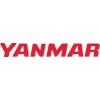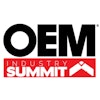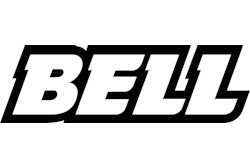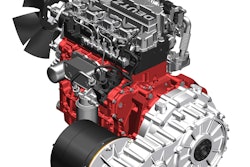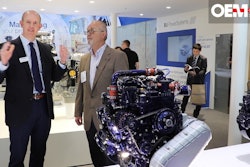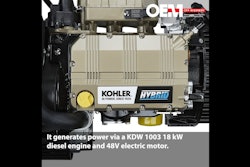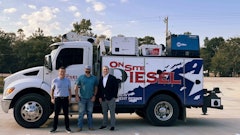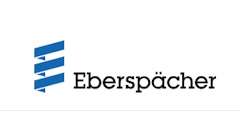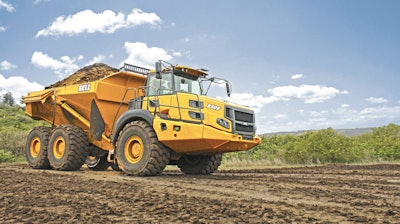
Bell Equipment, the international specialist for articulated dump trucks, recently received the first six Series 1000–1500 MTU engines from Rolls-Royce that meet the new EU Stage V emission standard. The engines cover a power range from 170 to 430 kW. This had been preceded by a test phase of several years under the most adverse operating conditions in order to ensure the trucks would be guaranteed a reliable, cost-effective upgrade. To this end, MTU’s off-road engine series were optimized to comply with the emission standard and a new exhaust aftertreatment system introduced.
Bell Equipment, one of the world’s leading manufacturers of transport vehicles and haulage tractors for the mining, civil engineering and road construction industries, specialises in articulated dump trucks. In preparation for the more stringent emission requirements, Rolls-Royce had made two Stage V prototypes available to Bell for field trials in 2016 – a 260 kW MTU 6R 1000 engine and a 430 kW 6R 1500 were successfully tested in the hot, dusty climate of South Africa and for the tough conditions encountered at extreme altitudes of up to 3,000 m. 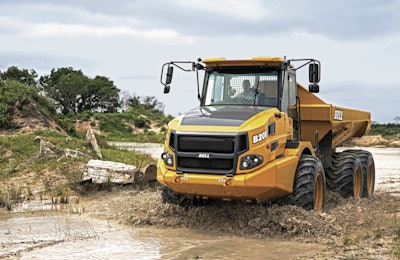
Sensors collect important data during field tests
Bell Equipment and Rolls-Royce with the MTU brand have been working together closely since the 1990s, with Rolls-Royce not only the supplier of more than 1,000 MTU engines a year, but also the technology partner in all emission-related design and construction decisions – including the upgrading of the articulated dump trucks. “During the field trials, we accumulated an enormous amount of experience that goes way beyond any simulation on a test bench, since the real-life interplay between the engine and the vehicle affects the behavior. Data obtained during the field tests, which we collected from sensors mounted on the engines was subsequently used in the configuration of the components,” says Stefan Rudert, Head of Sales and Application Engineering for Construction & Agriculture at MTU.
New emissions technology in compact form
The new Stage V engines, which Bell will successively upgrade to, besides MTU’s current SCR exhaust technology, also include a diesel oxidation catalyst (DOC) and a diesel particulate filter (DPF), with all components installed in a compact one-box solution behind the driver’s cab. Another positive aspect of the new emissions technology is that it reduces fuel consumption. To prepare for the upgrade to the new emission regulation, Rolls-Royce had around 100 MTU engines undergoing trials with various vehicle manufacturers. In total, over 110,000 operating hours were accumulated as a result, with individual engines running non-stop for more than 4,000 hours. Since the trials had started at an early stage, the MTU engines were certified in accordance with the EU Stage V regulations by mid-2018, marketable and ready for series production.


